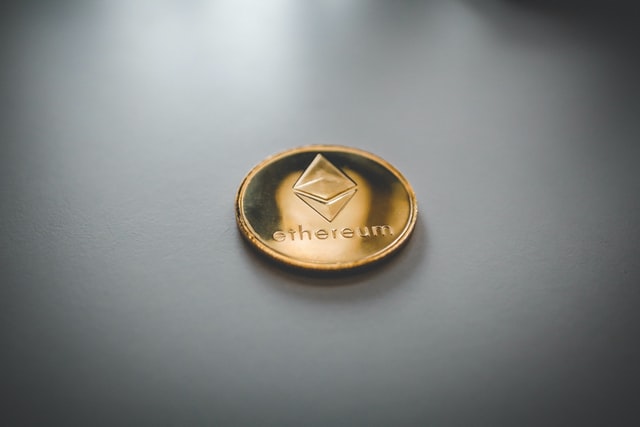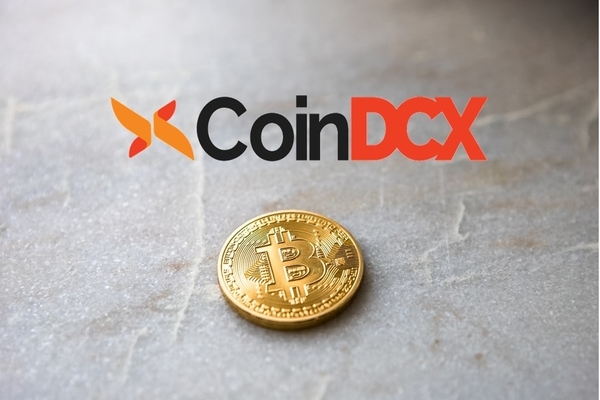
According to online crypto publication TrustNodes, Ethereum miners have been flooding the Ethereum network with transactions in the past 24 hours, with major mining pools completing approximately 13,000 transactions each. Most of the transactions involve small amounts of less than 0.05 ETH (~11.65 USD) and Ethermine, owned by Bitfly, processed the largest number of transactions in the same time period at 13,200. In the past week, total daily Ethereum transactions have also crossed the 1.1 million mark.
Ethereum miners last week voted to increase the network’s block gas limit by 25%, allowing them to process 44 transactions per second instead of 35. This decision has been lambasted by members of the Ethereum community including an Ethereum developer, who took to Twitter to say that miners are prioritising their profits over the health of the network. The increase is ideally supposed to help lower average daily transaction fees, which have remained high as compared to April and the months before it, with the exception of an abrupt spike mid-June likely due to the infamous multi-million dollar ETH gas fees tagged onto two transactions amounting to less than $100,000 in total.
Other notable mining pools such as Nanopool and Sparkpool have also contributed to the spike in daily Ethereum transactions. The three mining pools identified have processed 50 million transactions, and with the amount of congestion on the network keeping gas fees high, community members suspect that this is one method by which miners are trying to earn higher gas fees.
Ethereum 2.0 developments meant to increase energy efficiency and network scalability are well underway, with the new Proof-of-Stake algorithm and system set to be launched first in Phase 0. Aside from the staking mechanism, the Ethereum community is understandably showing particular interest in the introduction of shard chains to the network, which will split the network’s current single chain into 64 separate ones. This will ideally allow for greater scaling capabilities and significantly ease congestion on the network.
You may also want to read: ETH 2.0 Upgrade Risks That You Should Know


